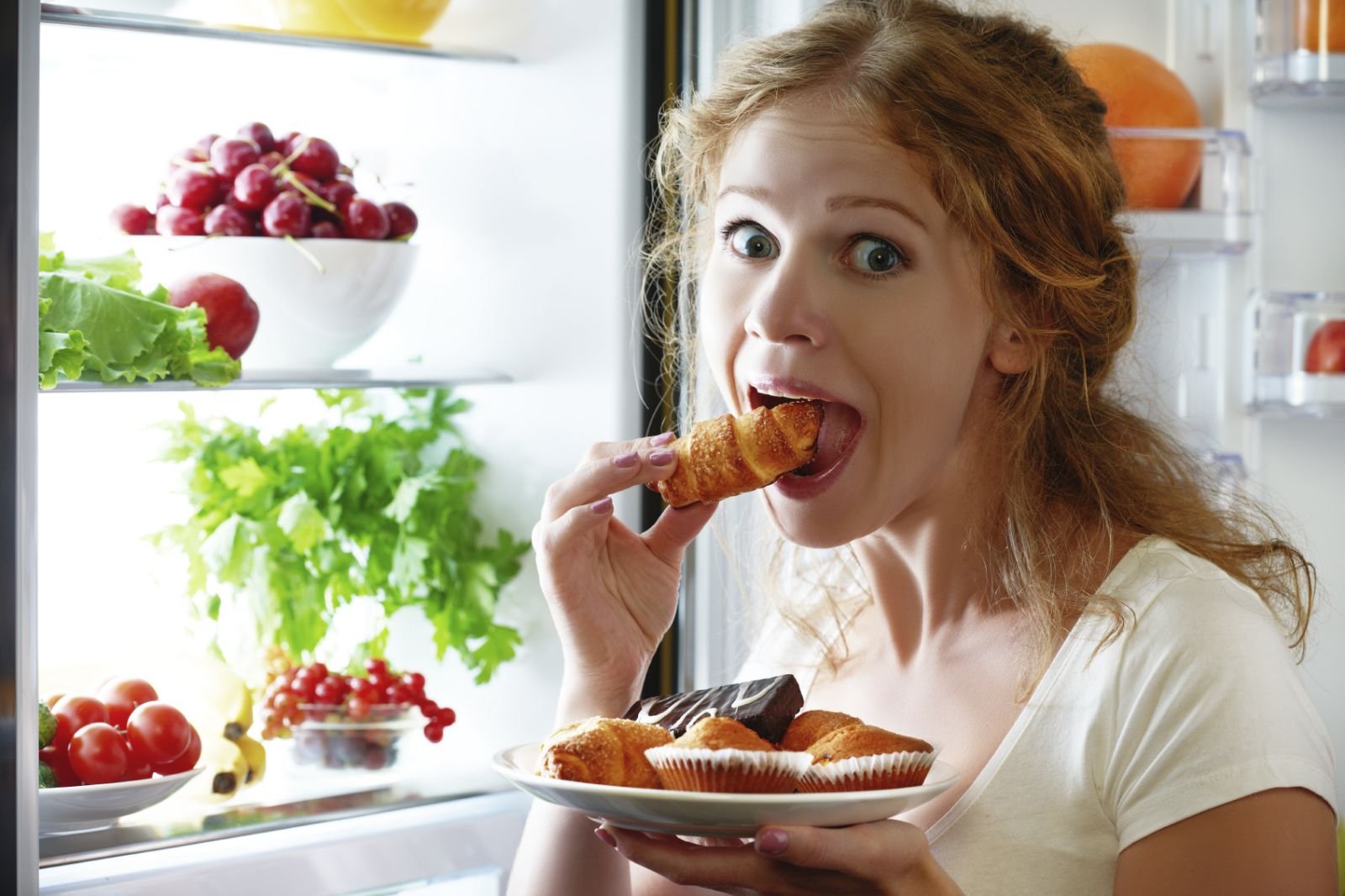The food on your plate determines how much quantity of food your intaking it can also predict your overeating based on the portion of your food. There are new findings on intake of food that when people eat macaroni and cheese for their lunch in large quantity, they will eat more habitually.
Building Up Your Eating Habits Will Heap On Pounds
If the portion size is increased by 75 percent food intake would be 43 percent. According to a survey “people who eat fast and take food in large bites are supposed to eat much food in large quantity”.

Paige Cunningham, senior author for his findings and doctoral student at the state university of Pennsylvania said that “the main findings on food intake is as expected for having implications on health which depends on the quantity of intake food with a one step forward or backward on weight maintenance that may be increased or decrease the weight”.
To survey men and women researchers together gathered 44 women and men on a weekly lunch for four weeks. They are given the different sizes of food products of macaroni and cheese randomly one by one continuously with including water. After serving the food researchers had recorded the food on the plate to record the timing of eating for accessing the speed on how much they ate including the size of the bites eaten by them.
In the above-mentioned survey, many people have participated in the survey irrespective of their age. The age group participants are between 18 years to 68 years old. Among these participants, two by third are women and the rest of the 45 percent are categorized as obese people due to their overweight.
Researchers reported that the participants who ate more food have not changed the portion of intake in food, people who are eating in large portions are tended to eat slow, and people are eating food faster irrespective of portions compared to eating a large portion of food. Some people are also eating faster including larger portions of food. The reason for eating food in large quantities may be having a larger mouth or eating capacity.
Cunningham said that “when we want to eat food quickly, the food in our mouth takes less time to eat but, when we compare it with large bites of food spends less time to eat in our mouth” as these signals put up encouraging reversely likewise; signals take a longer time for sending the signals to stop our eating, but it ends up with more eating in large portions for eating faster.
On the other note of food intake, the foods with less energy will produce less energy for us but in some cases, we are still able to eat those foods with satisfying bites.
Rolls said that “slowing down the speed of eating can reduce the overconsumption of eating”. Giving constant control to our bodies might help limit the intake of food. We can make some changes in food intake like; adding vegetables and maintain the palatability in food.
According to the American Society of nutritional food, balancing the food diet with some fresh fruits and vegetables might decrease the hunger portion in the stomach where we can eat the food in a certain limit as well as helps to maintain a low-calorie diet which gives a great start for your healthy diet, said Hunnes.

